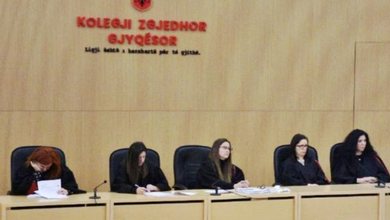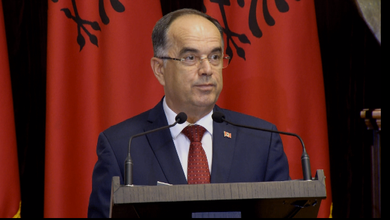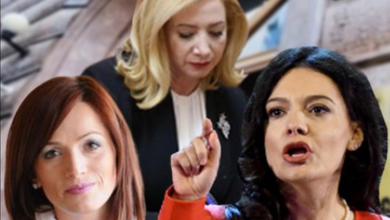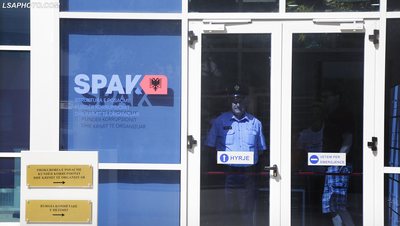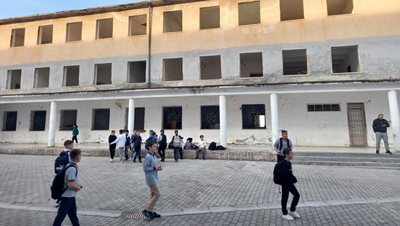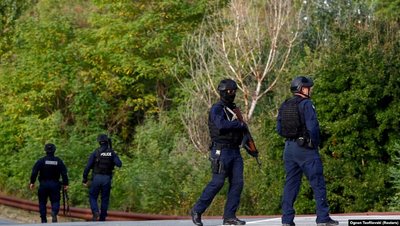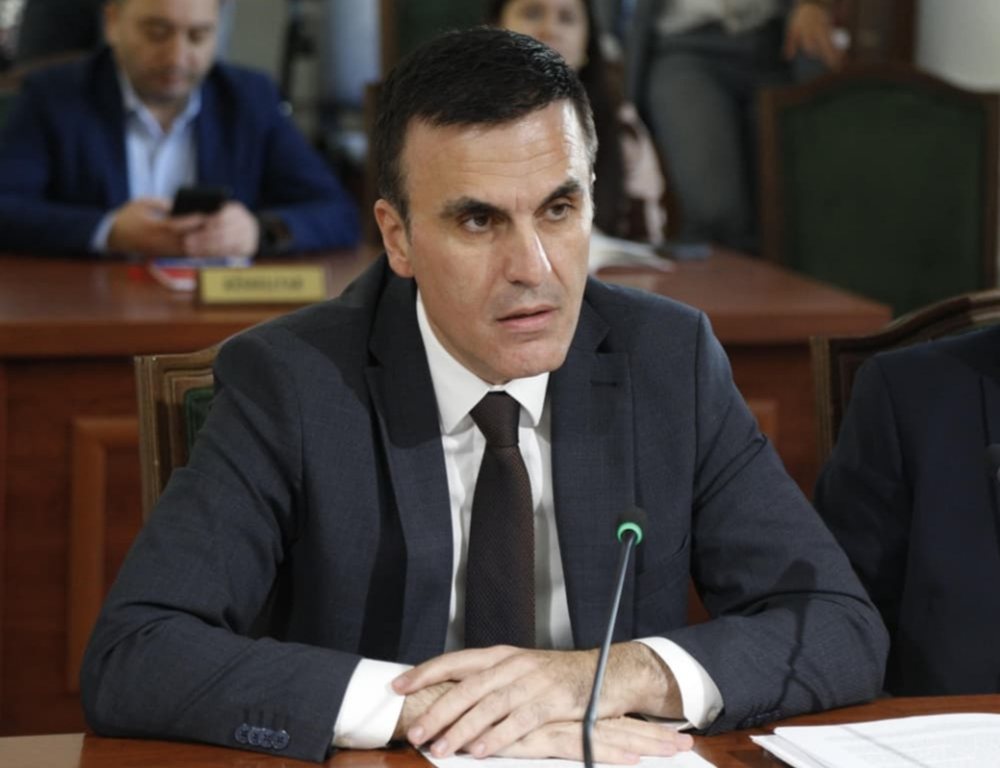
Prosecutor General Olsian Çela criticized the new draft Criminal Code initiated by the Ministry of Justice, calling it repressive in content and frivolous in drafting.
Reporting on Tuesday before the Laws Committee in the Assembly, Çela said that the current Criminal Code may have needed improvements, but not a change in its foundations, finding the argument used by the initiators that the current code is outdated since it was adopted in 1995 unfounded.
"The spirit is repressive, as provisions and norms are added that make certain social behaviors punishable. Now the question is; is this the idea of the drafter, or is this a policy that was imposed by the government, the Ministry of Justice or the Laws Commission, how did we get to this point?" - argued Çela before the deputies.
According to Çela, it is not possible to move from a code with around 400 articles to a code with over 900 articles because it seems as if there has been great lawlessness in Albanian society and many actions that have been unpunished will be punished.
The chief prosecutor further argued that there is a problem in the conception of the draft.
"We are not able to rewrite the norms, that is impossible. There should have been a policy document on which the act was built," he said.
According to him, there was a lack of proper definition of the methodology on how the work in preparing the draft would be organized; needs should have been determined before work on the draft began.
He described the district consultation rounds with prosecutors as useless, adding that this was an institutional responsibility that needed methodology, not rounds.
"If we want to do something serious, we need to set up a group of experts and make an assessment, without those who did it being biased in the assessment," he further proposed.
The draft of a new criminal code was made public in the summer by the government as the work of legal experts, while the director of the School of Magistracy, former Chief Prosecutor Arben Rakipi, defended the drafting of the articles in the document, which were immediately opposed by civil society.
This draft was criticized, among other things, because it criminalizes defamation and softens corruption penalties for high-ranking officials.
Media freedom organizations called for the amendment of the provisions related to defamation, expressing concern that they violate media freedom, the safety of journalists and are contrary to European standards./BIRN


